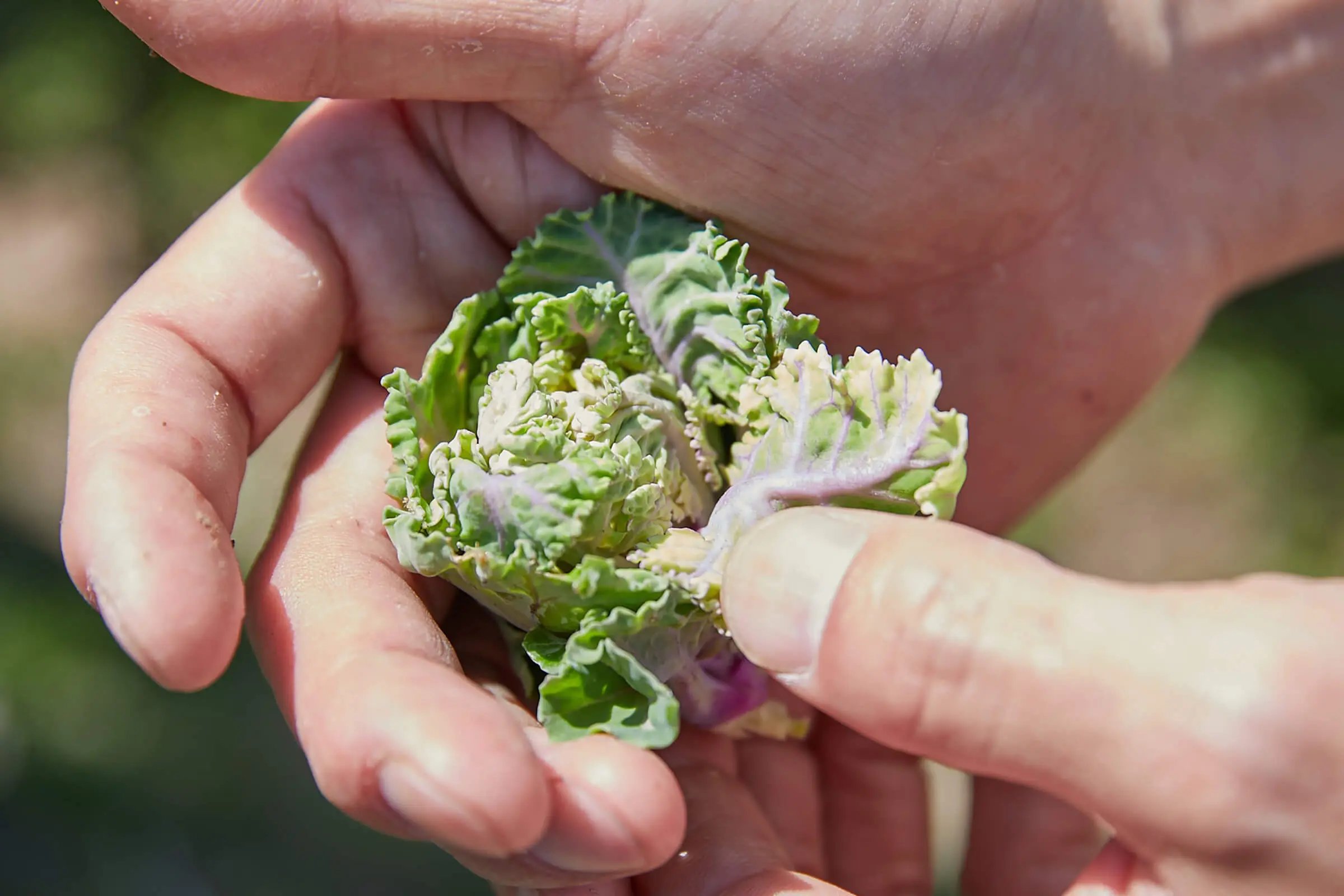
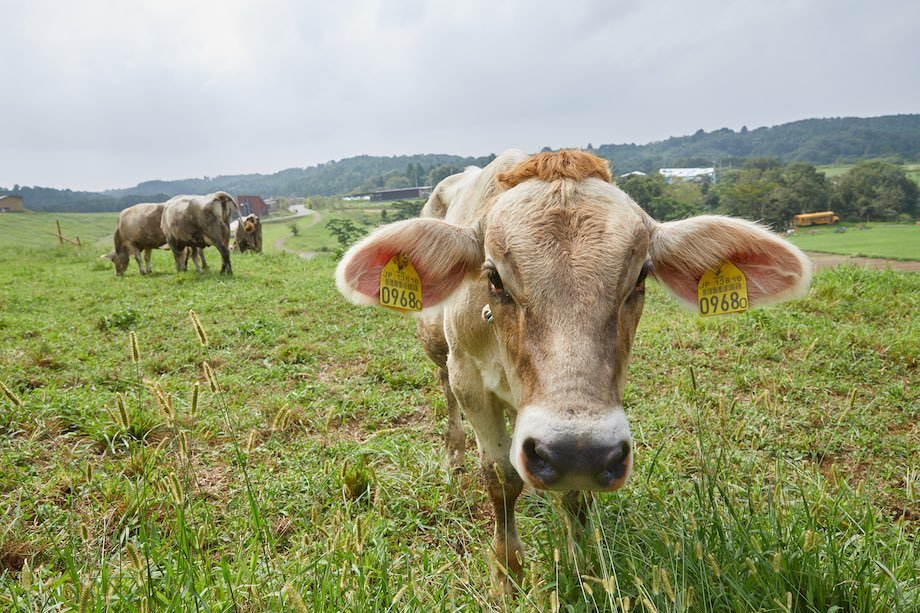
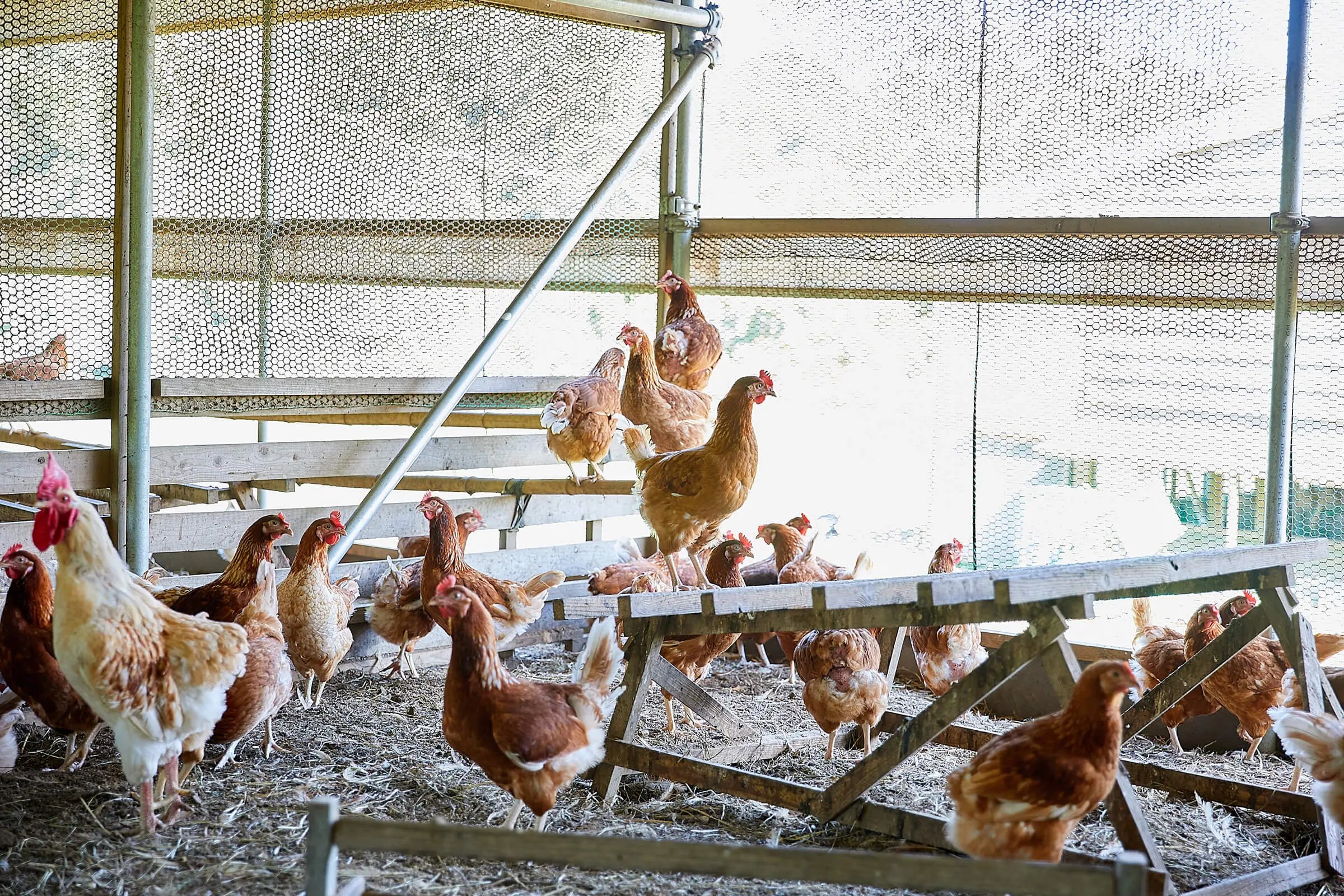

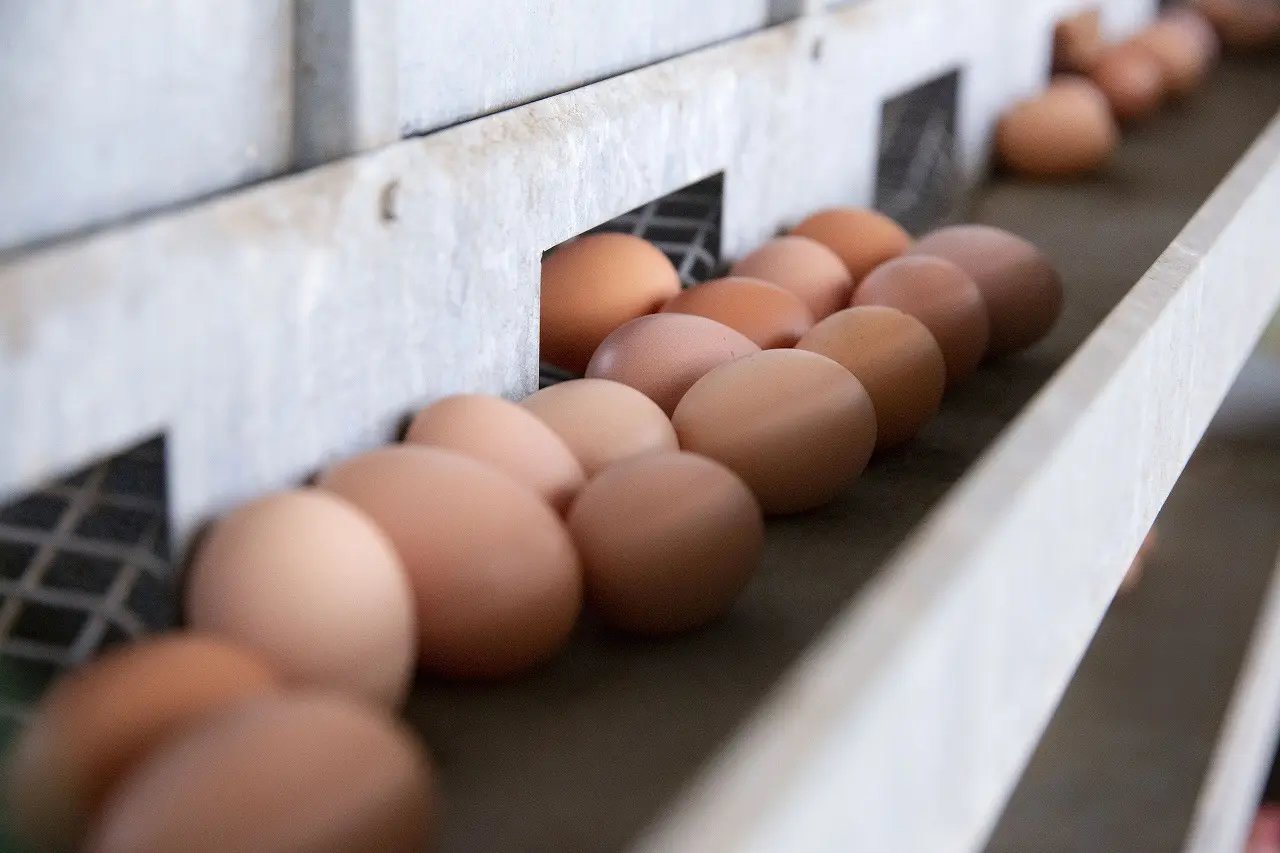
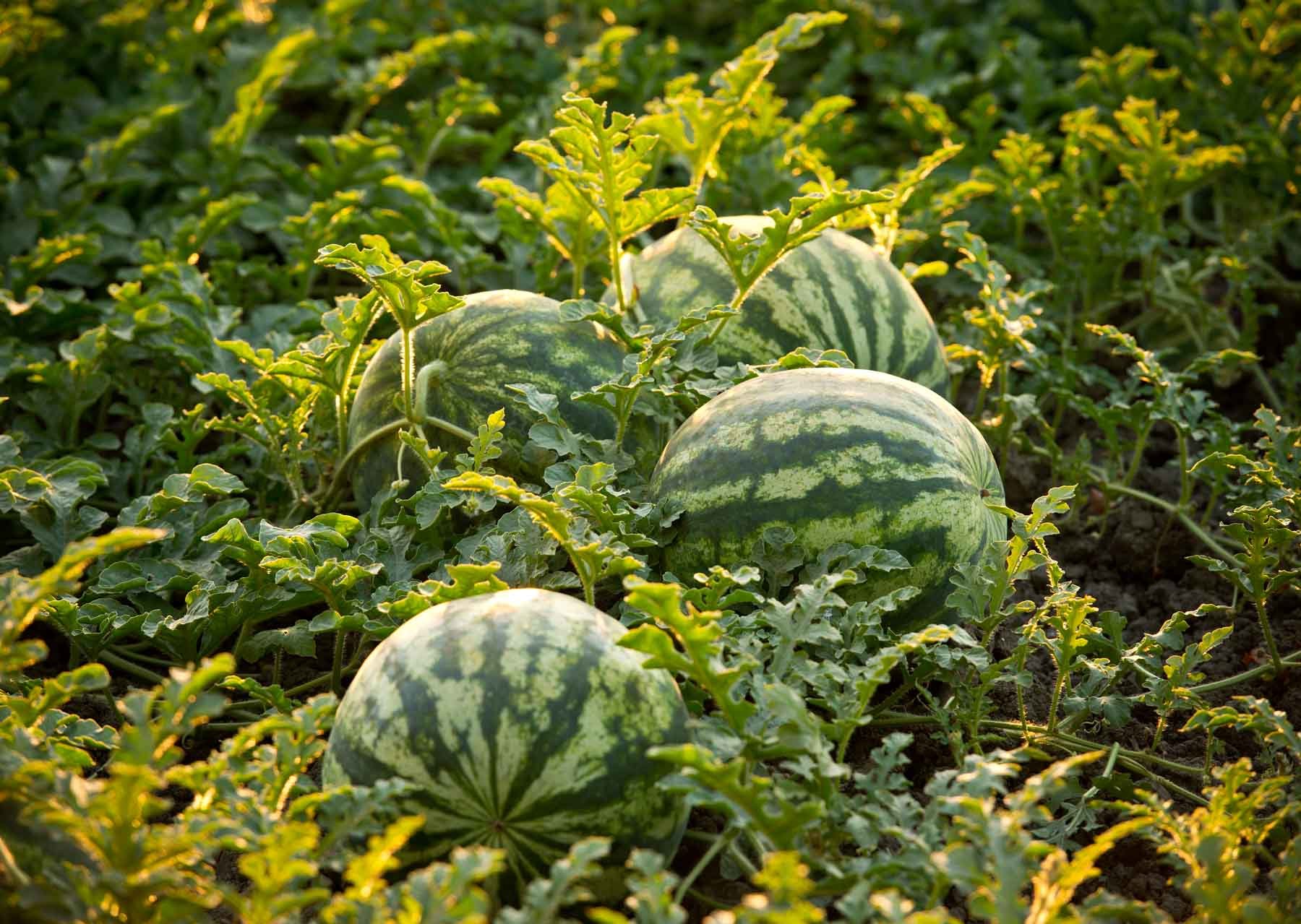


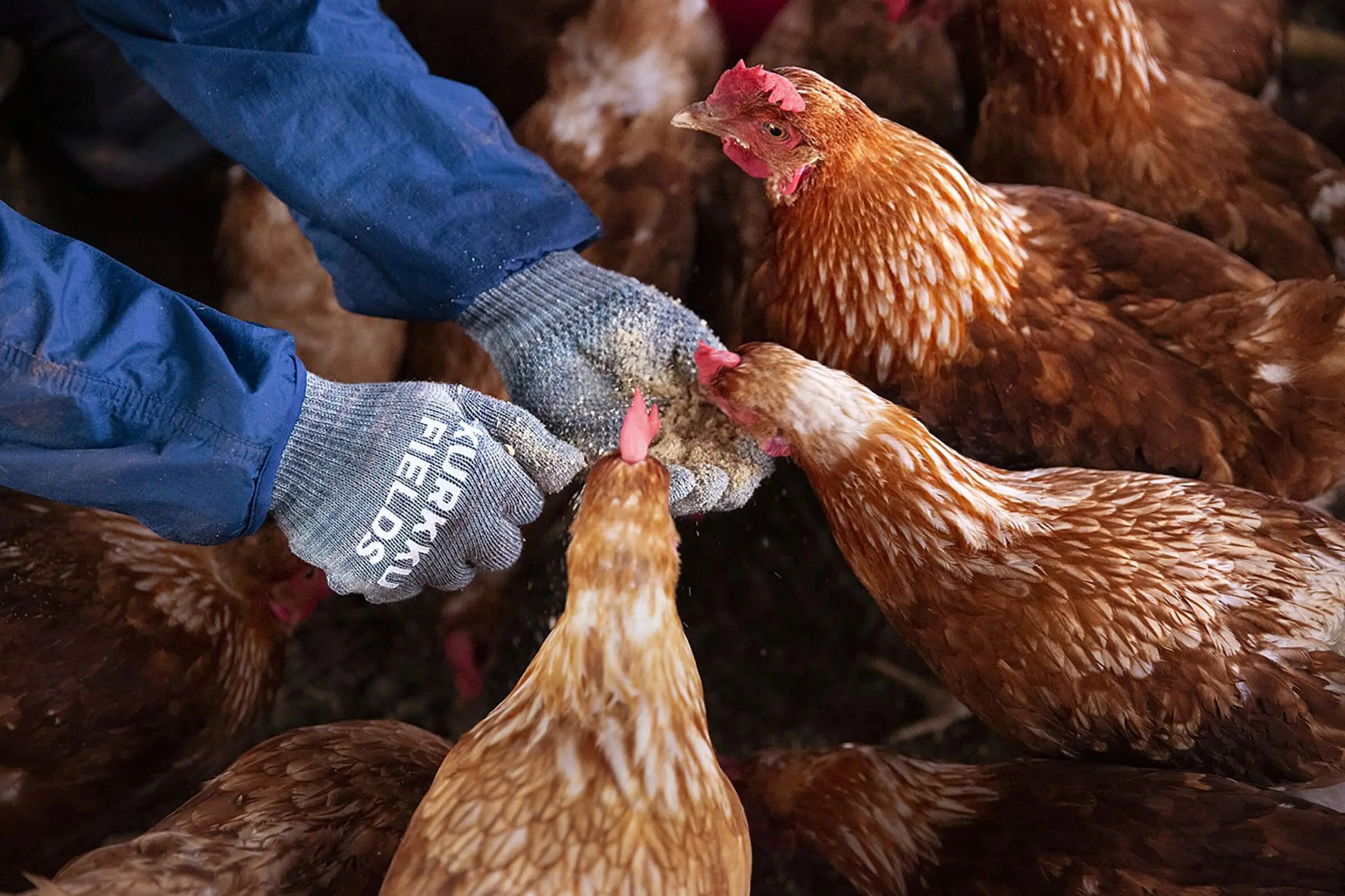











Farm
At the heart of Anand Foundation is our innovative farming program, where the natural world and creative expression converge. This program not only emphasizes sustainable agriculture but also fosters a deep connection between our residents and the land.
-
![]()
Farm-to-Table Events and Dinners
• Seasonal Farm-to-Table Dinners: Organize seasonal farm-to-table dining experiences where resident chefs prepare meals using fresh produce grown on the farm. These events could be themed around seasonal harvests, highlighting unique ingredients and sustainability.
• Culinary and Farm Collaboration: Feature collaborations between chefs and resident designers or artists, where the table settings, dinner environment, or event visuals are crafted by designers and artists, creating an immersive dining experience that blends art, food, and nature.
-
![]()
Culinary and Food Education Programs
• Farm-to-Fork Cooking Classes: Offer cooking classes led by resident chefs that focus on using seasonal farm ingredients. Participants can learn about sourcing local produce, preparing sustainable meals, and how different farming techniques affect food quality.
• Foraging and Wild Food Workshops: Host workshops where participants can learn to identify wild edible plants on the property. Combine foraging with culinary skills, teaching attendees how to incorporate wild ingredients into their cooking.
-
![]()
Community Farming and Harvest Days
• Harvest Festivals: Host seasonal harvest festivals where the community can participate in harvesting crops from the farm. These events could include farm tours, local vendors, workshops on preserving produce, and opportunities for visitors to purchase fresh, organic produce directly from the farm.
• Community Gardening Projects: Create opportunities for local residents and schools to participate in community garden plots on the foundation’s land. Participants could grow their own crops, learn farming techniques, and contribute to the farm’s bounty, fostering a sense of ownership and connection with the land.
-
![]()
Youth and School Programs
• School Farm Visits: Develop partnerships with local schools to offer educational farm visits, where students can learn about sustainable farming, food systems, and where their food comes from. These trips could include hands-on activities like planting, harvesting, or learning about composting.
• Youth Farming Programs: Create long-term youth engagement programs where students regularly visit the farm, helping with planting, harvesting, and learning about sustainable agriculture. This can foster a deeper connection to nature and food among young people.
-
![]()
Artist and Designer Collaborations
• Farm-Inspired Design Challenges: Invite resident designers to create functional or artistic farming tools, structures, or systems. These could include aesthetically pleasing yet practical farming tools, garden installations, or eco-friendly structures that enhance the farm’s operations.
• Farm Art Residencies: Encourage artists to create works inspired by the farm environment. This could include land art installations, nature photography, or farm-themed visual arts that reflect the cycles of growth, harvest, and sustainability.
-
![]()
Farm Tours and Open Houses
• Farm Tours for the Public: Offer regular guided farm tours that take visitors through the fields, greenhouses, and composting areas. These tours could include demonstrations of farming techniques, insights into organic farming, and explanations of how food is grown and harvested.
• Resident-Led Farm Days: Have artist, designer, and chef residents lead special farm days where they share their own perspectives on how farming influences their creative or culinary work. These events can give the public a behind-the-scenes look at the integration of art, design, and agriculture.
-
![]()
Collaborative Research and Innovation Projects
• Agri-Design Research Collaborations: Collaborate with designers, farmers, and agricultural scientists to experiment with innovative farming techniques, tools, or structures that blend design and agriculture. Residents could work on creating eco-friendly farm technologies or systems that optimize farm efficiency while promoting sustainability.
• Sustainable Culinary Research: Resident chefs and designers can team up to explore new ways to reduce food waste, experiment with sustainable packaging, or develop new methods for preserving farm produce. These collaborations could result in innovative food products or eco-conscious culinary designs.
Upcoming events.




